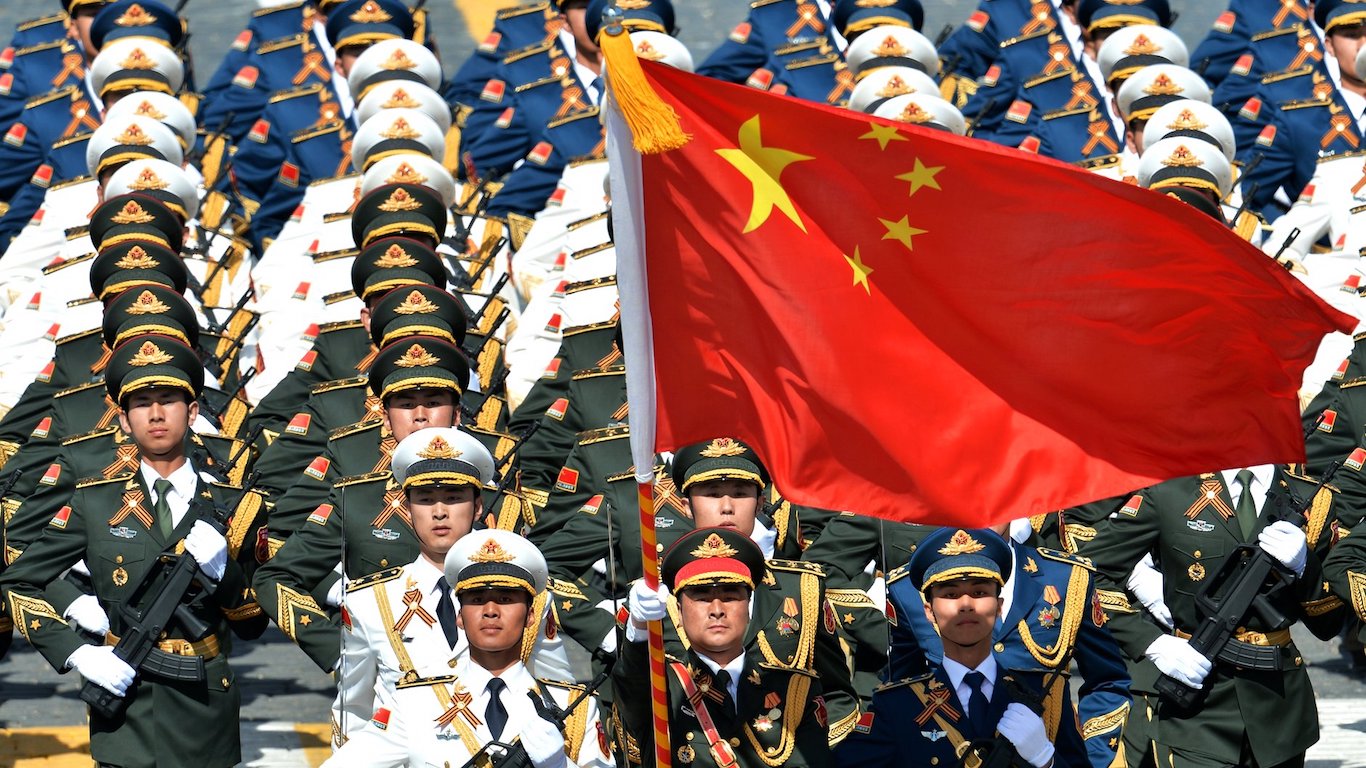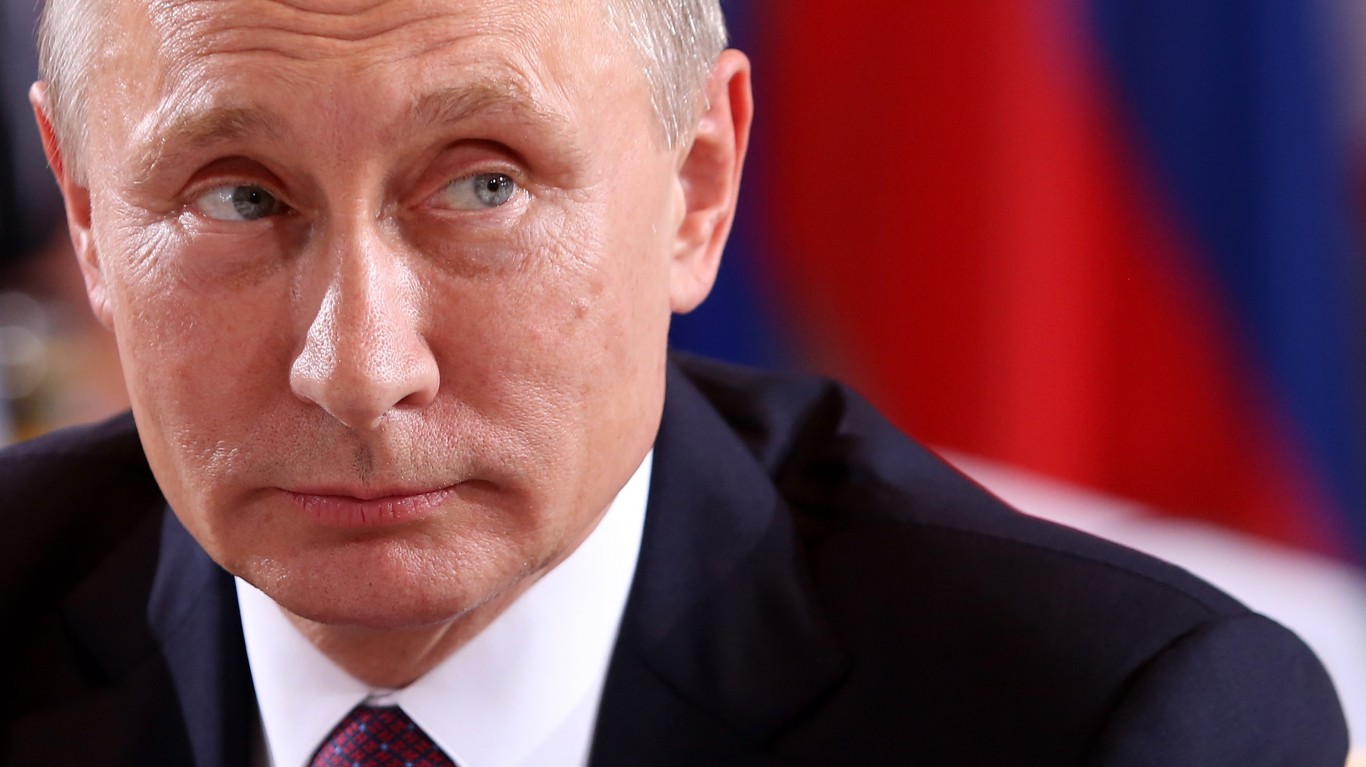
When the invasion of Ukraine began in February 2022, Russia became a pariah state in the West. The United States announced sanctions, while several organizations imposed bans on its athletes and artists competing in international events. Yet two years into the conflict, Moscow is not entirely friendless. This article will examine the nations that have provided Russia with material support for the war in Ukraine.
Why This Matters
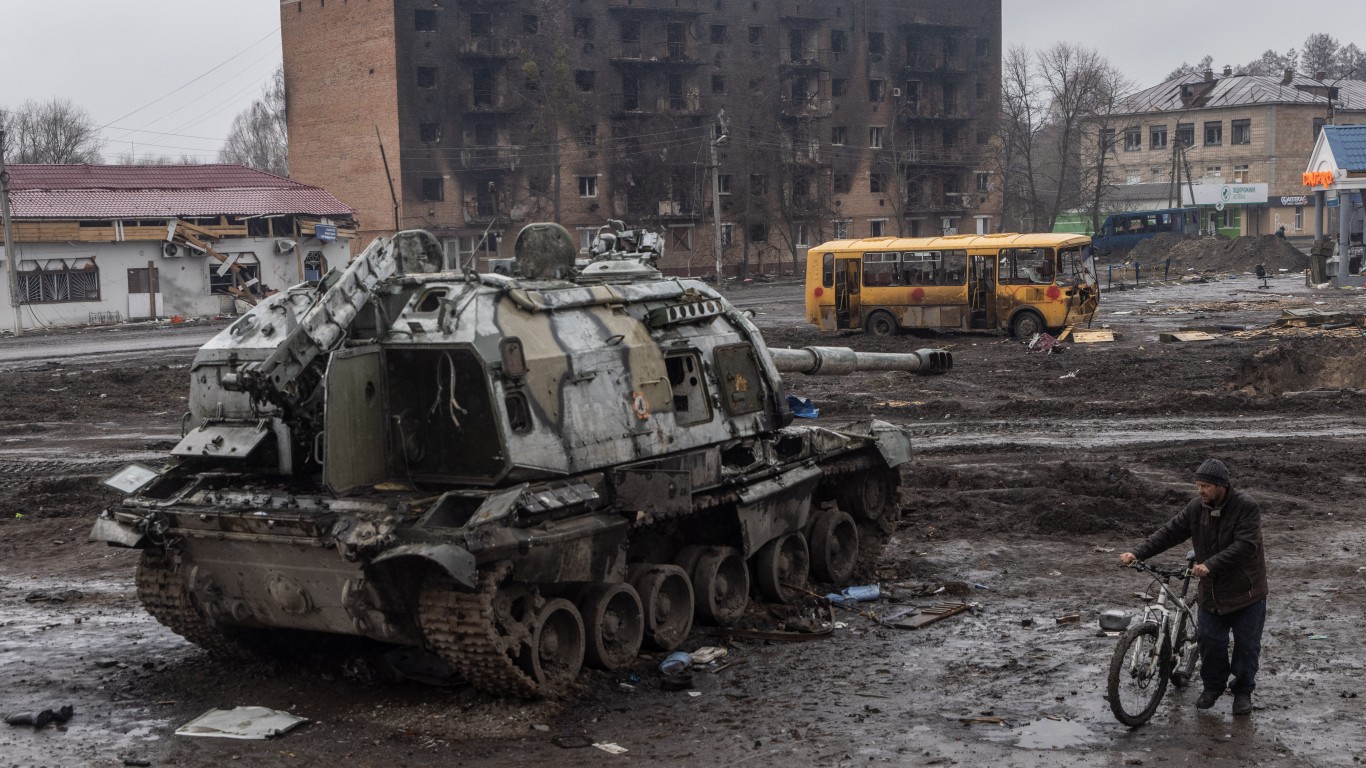
The states that back Russia have different reasons that generally serve their interests. Understanding what and why these states continue to back Moscow is key to understanding the complex geopolitical situation created by the conflict.
BRICS
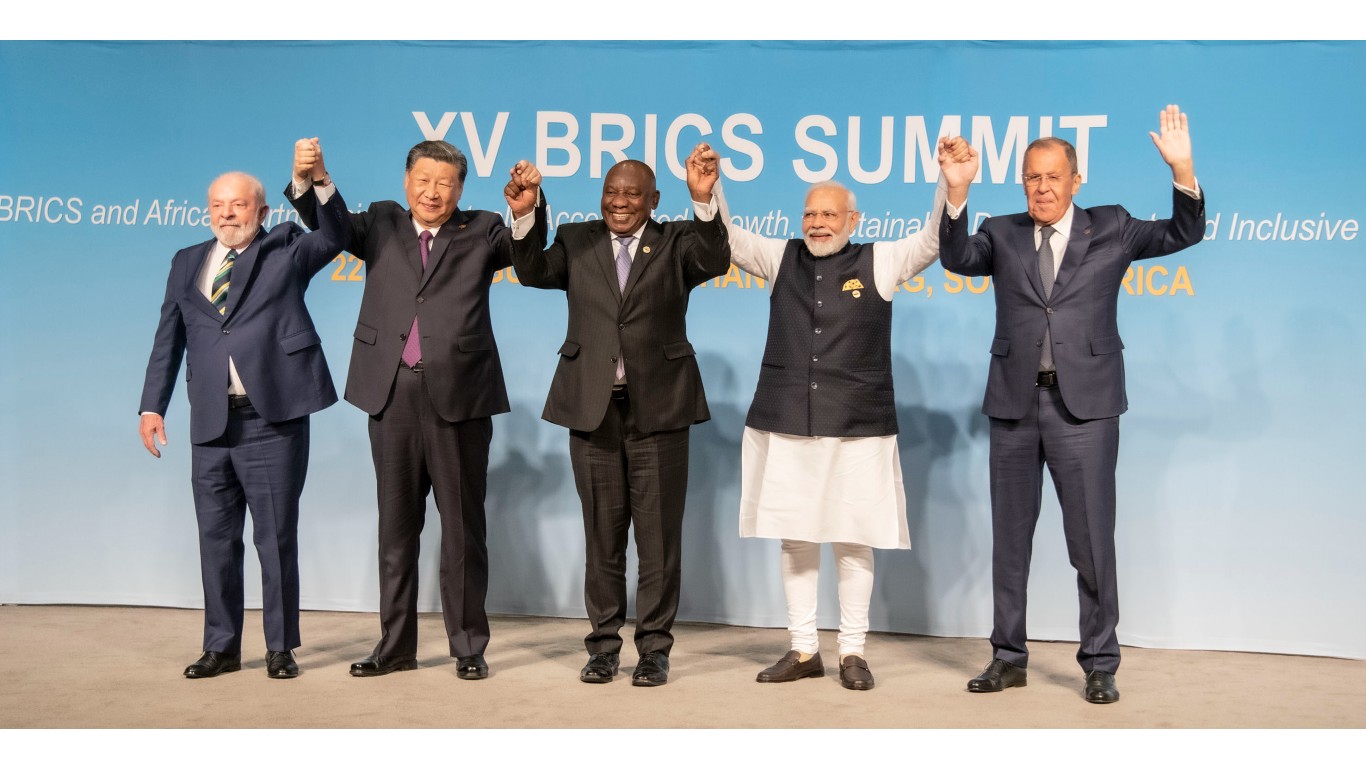
Russia is a founding member of the loose coalition of nations known as BRICS (Brazil, Russia, India, China, and South Africa). The primary focus of BRICS is fostering cooperation and economic ties between members seeking to challenge Western global hegemony. The member states have all called for a peaceful solution to the conflict while recognizing Russia’s security concerns in Ukraine.
Brazil was the only member of BRICS to vote in favor of the UN Resolution calling for Russia’s immediate withdrawal from Ukraine. President Lula has sought to help mediate the crisis as a neutral state with ties to both sides. India has become one of Russia’s most important trade partners. In 2022, Indian imports of Russian oil jumped tenfold in one year. China’s role in the war will be discussed in a later section. Like other members, South Africa emphasized its non-alignment and abstained from the withdrawal vote. In February 2023, it raised eyebrows when it conducted joint naval exercises with Russia and China.
Symbolic Support
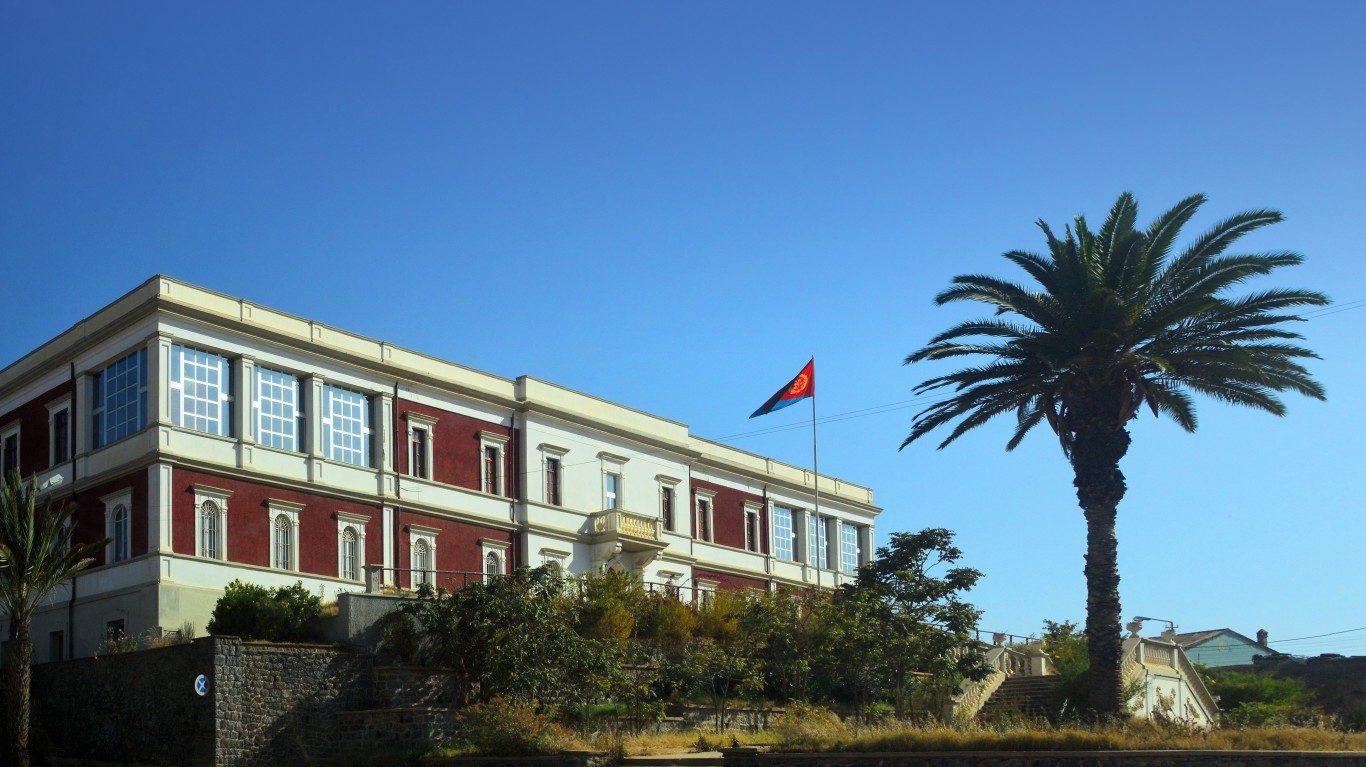
In February 2022, UN members voted 141-5 (35 members abstained) to demand Russian troops withdraw from Ukraine. The five dissidents joining Russia were Belarus, Eritrea, North Korea, and Syria. Eritrea’s vote was motivated by President Isais Afwerki’s long-standing distrust of the United States. Syria remains a close ally of Russia, a tie that goes back to the Russian intervention in the Syrian civil war.
Belarus
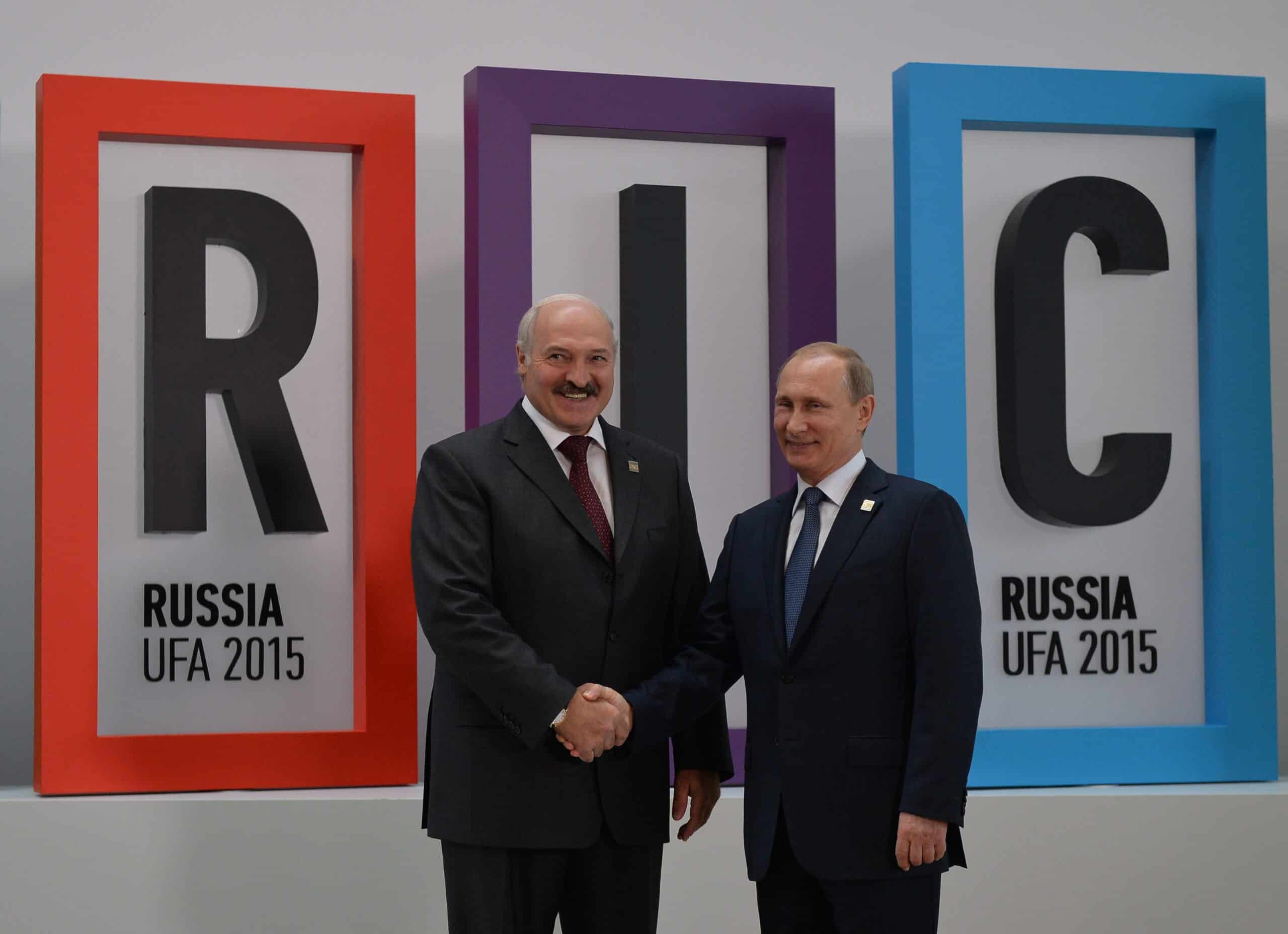
Alyaksandr Lukashenka, the authoritarian leader of Belarus is Vladimir Putin’s last ally on European soil. Unlike other former Communist Bloc nations, Belarus stayed close to Russia after the fall of the USSR in 1991. After a deeply controversial reelection in 2020, Lukashenka has relied heavily on Putin to hold on to power. Belarus is strategically important for Russia as it borders Ukraine and NATO members Latvia, Lithuania, and Poland.
Belarus was used as a staging area for the invasion of Ukraine. 30,000 Russian soldiers arrived in the winter of 2021-2 claiming to be part of a training exercise. Of course, that lie was exposed when the same troops poured across the border at the outset of the conflict. As well as giving Russia free reign over its territory, Belarus offered its hospitals to evacuate wounded Russian soldiers and Russian missiles have been fired from Belarus.
On Russia’s invasion of Ukraine Lukashenka was unapologetic, only expressing regret that Moscow didn’t finish the job sooner:
The only mistake we made, probably, is that we didn’t resolve this issue in 2014-2015, when Ukraine had no army. We wanted to settle it peacefully. They, however, used this time to develop combat-ready armed forces.
China
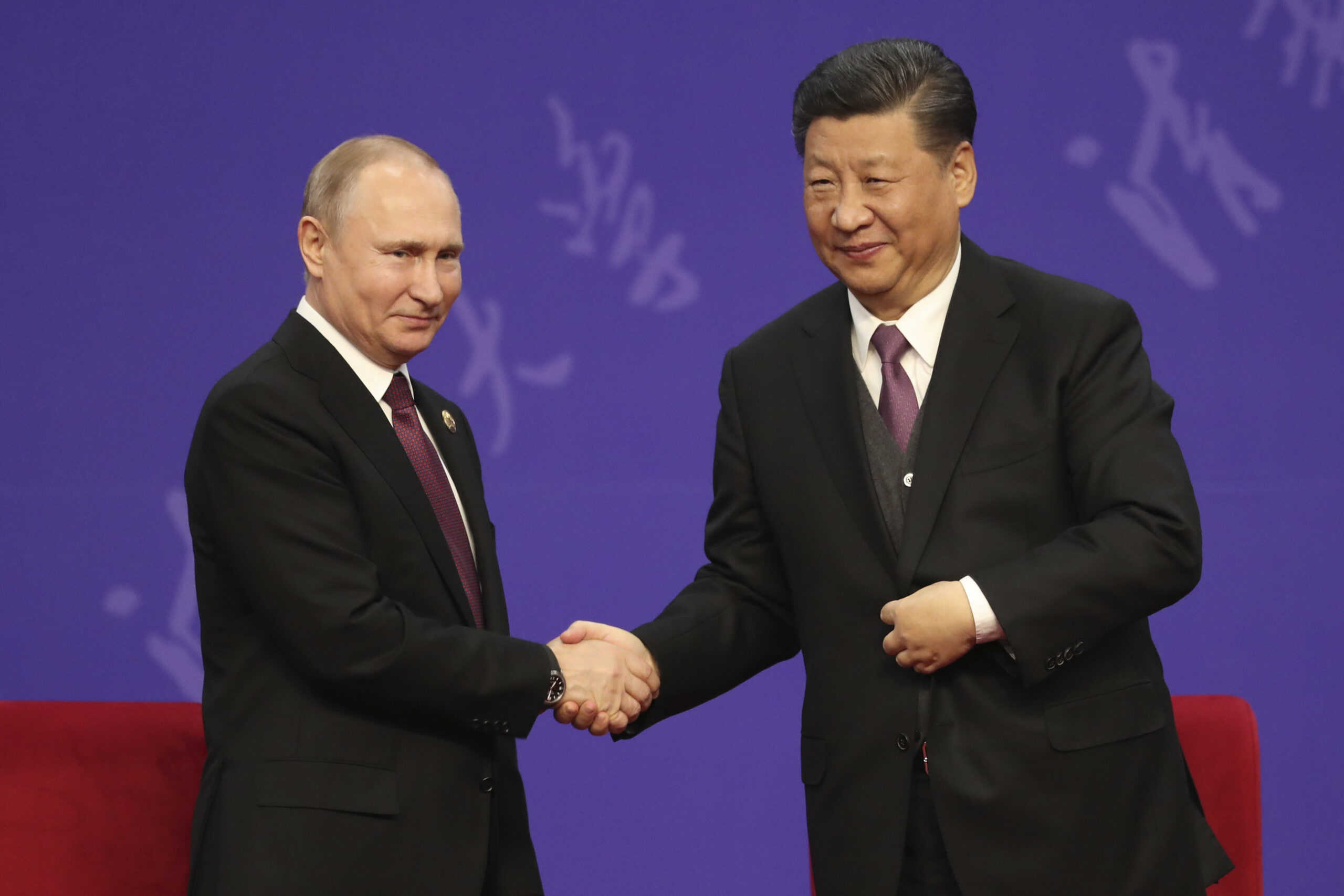
China is Russia’s most important trade partner and the relationship has grown increasingly one-sided in recent years. Xi Jinping has spoken of finding a peaceful solution and has outlined four principles for achieving that. However, Beijing’s actions undermine that stated goal, China has enormous leverage over Russia but limited interest in using it. Instead, China helps Russia to bypass the sanctions imposed by Western powers.
China purchases vast amounts of Russian oil and supplies almost all of the military components imported by Moscow. Without these parts, the Russian war machine would quickly grind to a halt. Xi Jinping’s support of Putin is hardly benevolent, prolonging the conflict in Ukraine will aid his own expansionist ambitions. Sino-Russian relations haven’t always been harmonious but a mutual adversary in the United States may push them together once more.
Iran
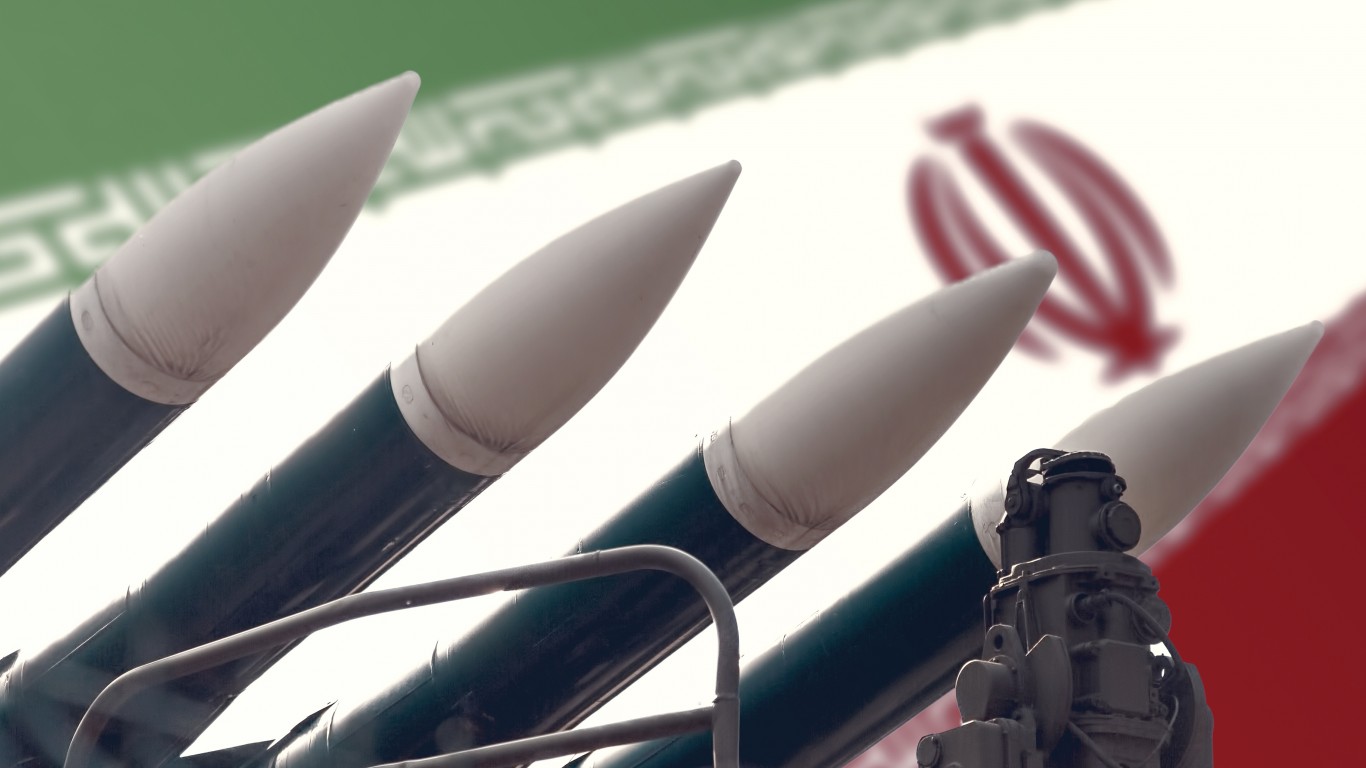
Iran’s now-deceased former president Ebrahim Raisi denied supplying weapons to Russia in September 2023. However, recovered debris from Iranian-built Shahed drones shot down in Ukraine cast serious doubt on that claim. Cheap to build and capable of overwhelming Ukrainian air defenses, Iranian drones are an important part of Russia’s attrition strategy. Additionally, Iran is suspected of providing artillery shells and ammunition to aid Russia. More controversial still was the decision to send hundreds of ballistic missiles to Russia.
Iran has also provided weapons and ammunition to Ukraine, albeit unwittingly. The United States intercepted a shipment of Iranian arms to Yemen and transferred it to Ukraine.
North Korea
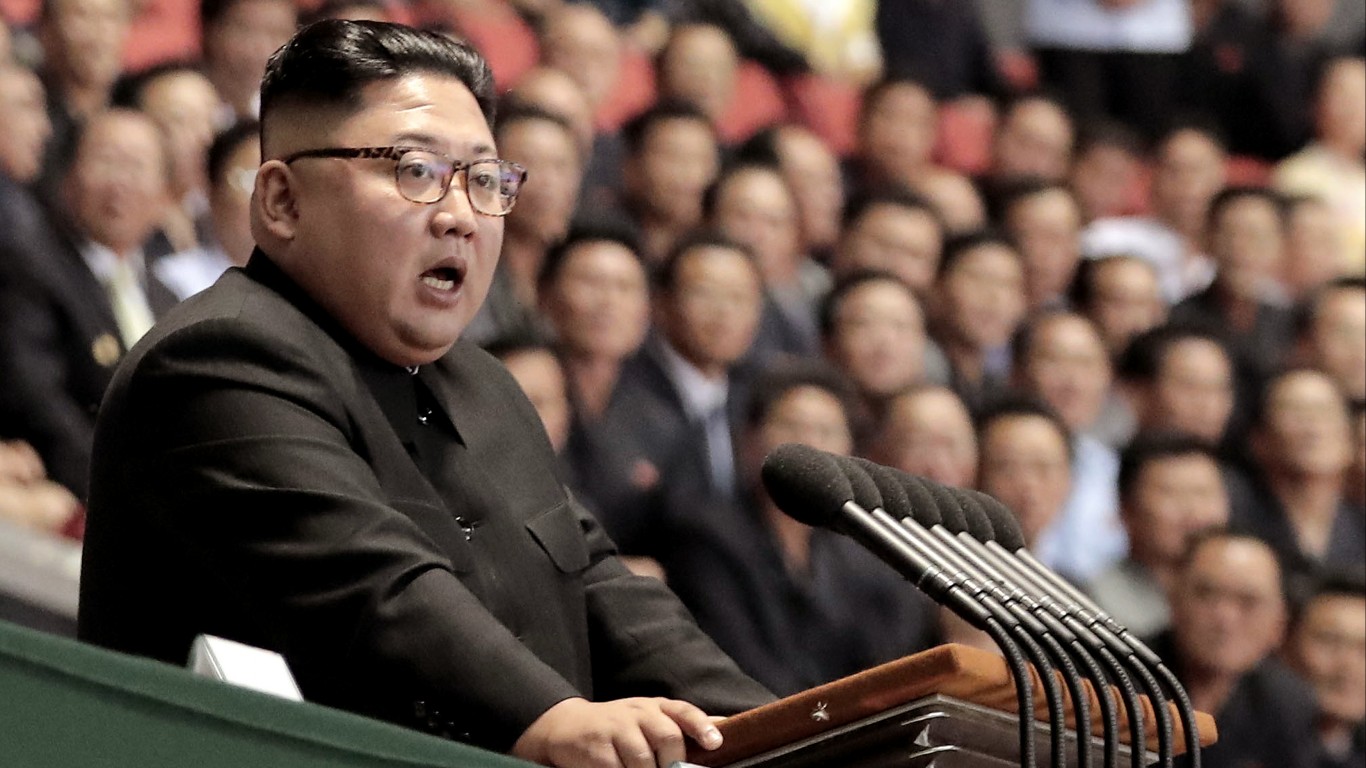
North Korea is no stranger to the international wilderness, having been under various sanctions since the 1950s. These measures intensified in the early 2000s after a successful nuclear test. As mentioned earlier, Kim Jong-Un’s regime was one of the few to vote against a UN resolution demanding Russia’s withdrawal from Ukraine. Since November 2022, Pyongyang has sold millions of artillery shells to Russia. Putin later gifted the supreme leader a luxury limousine as the two international outcasts strengthened ties.
Conclusion
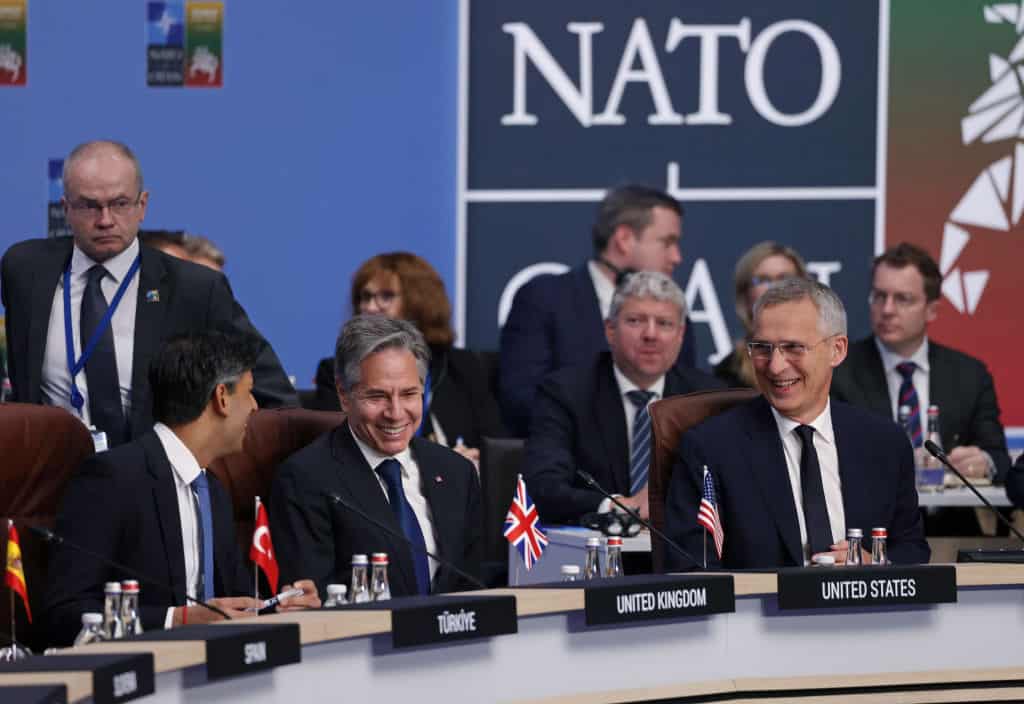
Russia’s international standing has seldom been lower in the West but that’s not the complete picture. As low as Putin’s stock is in Europe and North America, his regime still has support from other autocratic regimes. While these are generally marriages of convenience rather than ideological matches, the result is much the same. Strengthened ties between American adversaries should be taken seriously by Washington.
Find a Qualified Financial Advisor (Sponsor)
Finding a qualified financial advisor doesn’t have to be hard. SmartAsset’s free tool matches you with up to 3 fiduciary financial advisors in your area in 5 minutes. Each advisor has been vetted by SmartAsset and is held to a fiduciary standard to act in your best interests. If you’re ready to be matched with local advisors that can help you achieve your financial goals, get started now.
Thank you for reading! Have some feedback for us?
Contact the 24/7 Wall St. editorial team.
